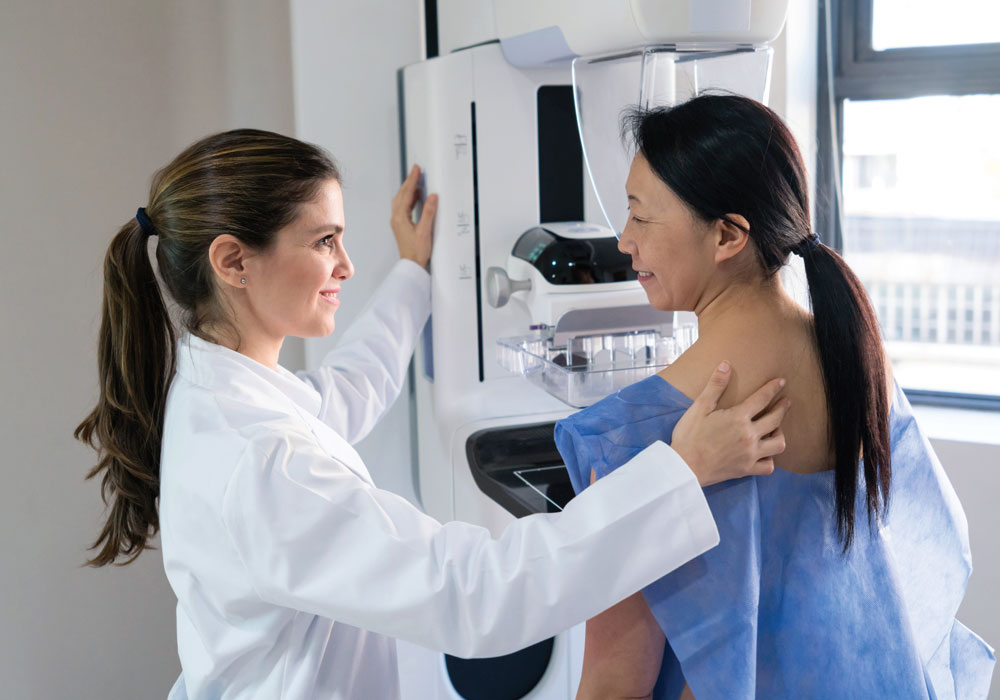By Lisa C. Richardson, MD, MPH
As we reflect on the progress we’ve made to prevent and control cancer and focus on strategies that will help build on those efforts, one thing is certain: We’ve learned a lot about cancer, but we still have much to learn. Adopting healthy lifestyle habits and knowing your family’s history, especially as you get older, can help you lower a patient’s—or nurse’s—chance of getting cancer.
The Importance of Screening
Although some types of cancer have distinct symptoms, others don’t. A person may have a certain type of cancer for months or years before it causes symptoms. That’s one reason cancer screening is so important. Despite research showing that cancer screening saves lives, millions of people don’t get the recommended tests. Two in five U.S. adults fail to be screened for colorectal cancer, one in four women don’t get mammograms on a regular basis, and one in five eligible women are not screened for cervical cancer. Screening rates are even lower for Asian and Hispanic Americans, and overall, fewer men undergo screening than women. Better communication strategies are needed to ensure that appropriate tests are recommended to the right people at the right time.
Resources Oncology Nurses Can Use
The Centers for Disease Control and Prevention’s (CDC’s) Division of Cancer Control and Prevention unites organizations and individuals to spread the word and help raise awareness about cancer. CDC works 24/7 to help people understand cancer, providing information to consumers through our national programs, campaigns, and partnerships.
Although cancer presents major challenges, CDC is tackling them head on with national programs. The National Breast and Cervical Cancer Early Detection Program (NBCCEDP) offers breast and cervical cancer screening and diagnostic services to low-income, uninsured, and underinsured women across the nation. NBCCEDP is expanding its scope to increase screening in health systems and communities to reach more women and make sure women are getting the right screening test at the right time.
CDC’s National Comprehensive Cancer Control Program provides funding, guidance, and technical assistance that programs across the country use to develop and implement state-wide cancer control plans. Those plans help get activities implemented to lower the number of people affected by cancer.






